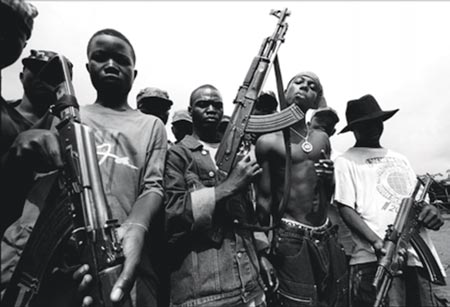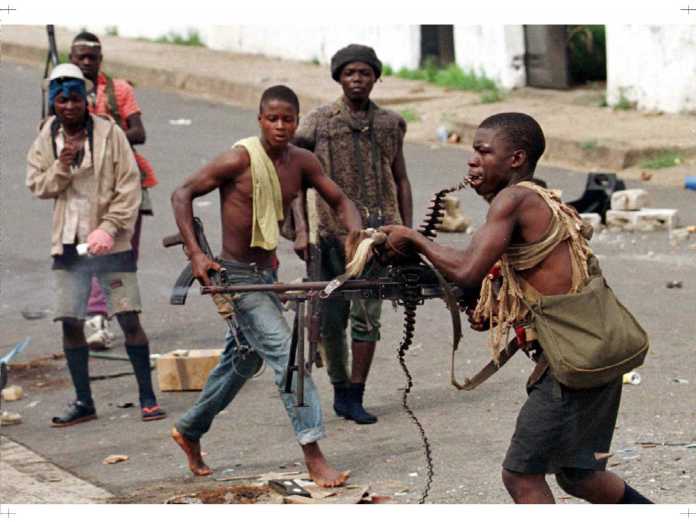The Liberian Civil War was one of the most brutal and devastating conflicts in modern history. Its causes and consequences are multifaceted, and they continue to be felt in Liberia and the surrounding region today.
The conflict was the result of a complex web of factors that had been brewing for decades. Liberia’s history as a colony of the United States had created deep-seated ethnic tensions between the descendants of freed American slaves and the indigenous population. The American Colonization Society’s policies of exclusion and discrimination against indigenous Liberians led to simmering resentment and anger, which ultimately boiled over into conflict.
In addition to ethnic tensions, Liberia was also plagued by economic inequality and political corruption. The country’s natural resources, including rubber and diamonds, were controlled by a small elite, who used their wealth and power to maintain their position at the expense of the wider population. This led to widespread poverty and discontent, particularly among the country’s youth, who felt disenfranchised and left behind by the ruling class.
The catalyst for the Liberian Civil War was the 1980 coup led by Samuel Doe, who overthrew the government of William Tolbert and established a military dictatorship. Doe’s regime was characterized by brutal repression, corruption, and economic mismanagement, which only served to exacerbate the country’s existing problems. His government became increasingly authoritarian and violent, leading to widespread human rights abuses and growing unrest among the population.
The Liberian Civil War was characterized by horrific violence, with both government and rebel forces committing atrocities against civilians. The war also led to the displacement of over a million people, many of whom were forced to flee to neighboring countries. The conflict was marked by a series of brutal battles, including the siege of Monrovia, which lasted from 1990 to 1996 and left much of the city in ruins.
The international community played a significant role in the Liberian Civil War. The United States provided support to Samuel Doe’s regime, while other countries such as France and Nigeria supported rebel groups. The conflict drew the attention of international organizations such as the United Nations, which deployed peacekeeping forces to the region. However, their efforts were often hampered by the complexity of the conflict and the lack of a clear path to peace.
Today, Liberia is still struggling to rebuild its infrastructure and institutions, and many Liberians continue to suffer from poverty and insecurity. The war also had a destabilizing effect on the region, with neighboring countries such as Sierra Leone and Guinea experiencing their own periods of conflict and violence. The legacy of the Liberian Civil War is still being felt, as the country struggles to reconcile its past and build a more stable and prosperous future.
The Liberian Civil War was a tragic and devastating conflict that had a profound impact on Liberia, the region, and the world. Its causes and consequences are complex and multifaceted, and its legacy continues to be felt today. The war serves as a stark reminder of the importance of addressing the root causes of conflict and working toward sustainable peace and development.



















































